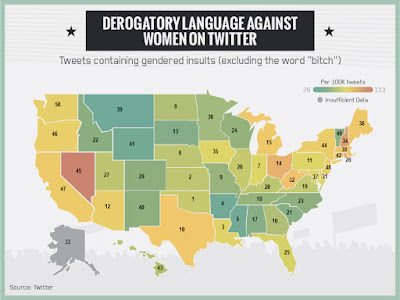Biology textbook writer claims we need emotion to answer “When does human life begin?”
This fertilized ovum, known as a zygote, is a large diploid cell that is the beginning, or primordium, of a human being.
The development of a human being begins with fertilization, a process by which two highly specialized cells, the spermatozoon from the male and the oocyte from the female, unite to give rise to a new organism, the zygote.
At the moment the sperm cell of the human male meets the ovum of the female and the union results in a fertilized ovum (zygote), a new life has begun.
Zygote. This cell, formed by the union of an ovum and a sperm (Gr. zyg tos, yoked together), represents the beginning of a human being.
Almost all higher animals start their lives from a single cell, the fertilized ovum (zygote)… The time of fertilization represents the starting point in the life history, or ontogeny, of the individual.
There are many more, but you get the point. There absolutely is a biological definition of life with which we can confidently, factually state that a “new human life begins” as a zygote. Dr. Lewis is incorrect when she claims that the beginning of a new human life must include not only biology but also emotions, religion, psychology, etc.
My answer? #14. The ability to survive outside the body of another sets a practical limit on defining when a sustainable human life begins. Having a functional genome, tissue layers, a notochord, a beating heart … none of these matter if the organism cannot survive where humans survive.






Leave a Reply
Want to join the discussion?Feel free to contribute!